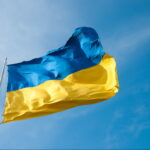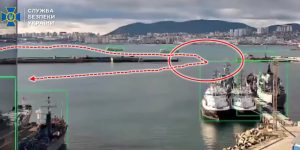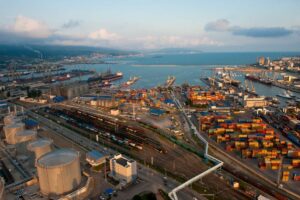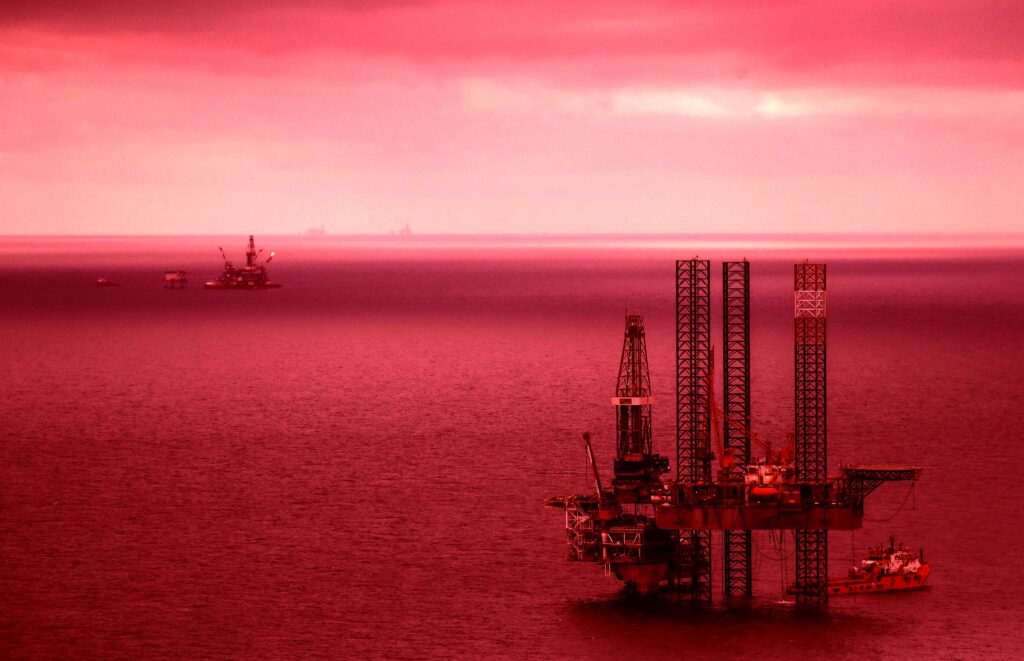Nationalization, or How to compensate the losses to Ukraine
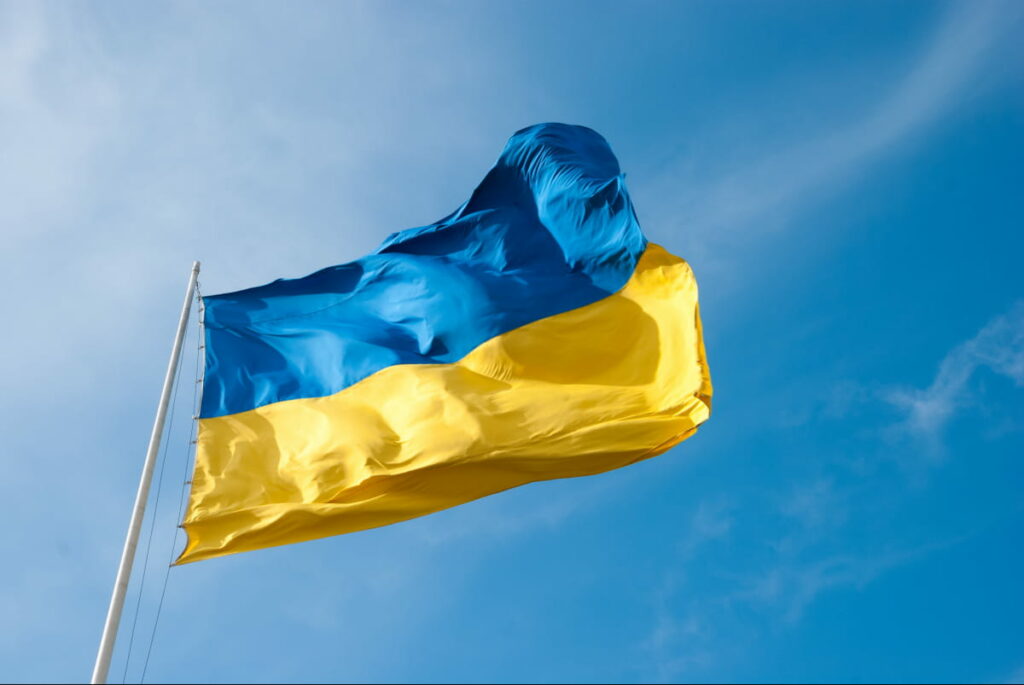
In response to the military aggression of russian federation, in March the Verkhovna Rada adopted a law on the nationalization of the property of russian legal entities and individuals in Ukraine – movable and immovable, as well as funds, deposits in banks, securities, corporate rights and other assets. Among the objects that fall under alienation are large enterprises with a billion annual profits.
Nationalization represents the forced alienation of the property of a company or an individual in favor of the state, where this person conducts his activities. The motives of the state in this case are due to the protection of national security and ensuring the economic independence of the country.
The adopted law implies the nationalization of assets without payment of compensation to their owners. Ukraine confiscates the property of persons connected with the aggressor country. The law explains that expropriation is carried out at the expense of future reparation in favor of Ukraine.
The document is still being refined, supplemented with new points, but it is already working. In the matter of nationalization, the state’s field of vision includes all companies whose residents are directly or indirectly connected with russian federation, are located on its territory, and also deny or support the waging of war in Ukraine.
As of February 24, Opendatabot included about 17,000 companies associated with russian federation and Belarus (which is directly involved in the war in Ukraine, and whose government actively cooperates with the aggressor country).
Which enterprises in Ukraine that are related to the export of various products fall under nationalization?
Mykolaiv Alumina Plant. It is one of the largest non-ferrous metallurgy enterprises in Europe, founded in 1980. The plant has berths for transshipment of bauxite. Last year, the plant received 75% (about 5 million tons) of all Ukrainian ore imports. The plant processes imported bauxite into alumina and sells it abroad for the production of aluminum. The final beneficiary of the plant is the russian businessman and billionaire Oleg Deripaska. On March 1, the association “Rusal” (which includes Mykolaiv Alumina Plant) announced the suspension of the plant’s work due to “inevitable logistical and transport problems on the Black Sea and adjacent territories.” Since the beginning of the war, Deripaska has already lost about 30-50% of the total property structure, mainly due to the Mykolaiv Alumina Plant.
BNK Ukraine (founder — CJSC “Belorusskaya Neftyanaya Kompaniya”). Since 2010, it has been an importer of oil products from Belarus to Ukraine. The company also provides freight forwarding services for the transportation of goods by rail. Since 2012, he has been a member of the Association of International Forwarders of Ukraine.
“Alliance Oil Ukraine”. Importer and distributor of oil products in Ukraine, with oil depots in Kyiv, Kharkiv, Zhytomyr and Lviv regions. The company imports products from russian federation, Belarus, Lithuania and Poland. Also, the company’s activity extends to mining, exploration and transshipment of production. In 2015, “Alliance Oil Ukraine” won a tender for the supply of fuel for the Ukrainian Ministry of Defense. The company also owns half of the shares of NK Alliance Ukraine, which owns 132 Shell gas stations in 20 regions of Ukraine. Among the main clients of Alliance Oil Ukraine are Nibulon and ArcelorMittal Kryvyi Rih.
“Industryz Ukraina” (until 2018 – “TNK Industryz Ukraina”). Imports petroleum products to Ukraine. Until 2018, it was a subsidiary of Rosneft. The owner of the company is Glusko Energy. As of January 1, 2022, the company has more than UAH 5 million in tax debt.
The beneficiary is Nysan Moiseyev, a trusted representative of Ukrainian pro-russian oligarch Viktor Medvedchuk. According to Opendatabot, Moiseyev is the beneficiary of more than 30 enterprises registered at one address in Kyiv, up to the house number.
The director of the company is Sergey Latyshev. 5 companies are registered on it, three of which are located in Crimea occupied by russian federation.
PJSC “Electrometallurgical Plant “Dneprospetsstal”. Zaporizhzhya enterprise, which is engaged in the production and sale of metal products. About 500 companies are recognized as final consumers of “Dneprospetsstal” products. The enterprise exports about 60% of the produced metal. The plant’s products are used, in particular, in machine and shipbuilding. “Dneprospetsstal” has been under the control of the VS Energy group since 2008. In turn, the group is controlled by Mikhail Voevodin, who, according to mass media, is a protégé of Alexander Babakov, the vice-speaker of the State Duma of russian federation.
PJSC “Energomashspetsstal”. Manufacturer of cast and forged products for metallurgy, shipbuilding, power engineering and mechanical engineering. The company is located in Kramatorsk and is the Ukrainian branch of the russian company “Atomenergomash”. The latter is a division of the Rosatom state atomic energy corporation, which participated in the seizure of the Zaporozhye nuclear power station a month ago.
Among companies with foreign capital in Ukraine, russian ones are the most: 28% of the market. Next are the USA (17.6%), Germany (11.7%) and France (10.3%).
But there are also oligarchs who own property in Ukraine directly or through “laying” firms. According to 2018 data, more than 20 oligarchs close to russian president vladimir putin own assets in Ukraine. This property is also subject to seizure through the court.
Alienation also awaits products that were illegally used by representatives of russian federation and collaborators under martial law. Recently, the State Bureau of Investigation reported that, in particular, more than 400 tons of oil products had already been transferred to the state. They, like other confiscated goods, will be handed over to the needs of the Armed Forces of Ukraine.
Not only russian enterprises as a whole are being nationalized in Ukraine, but also various equipment and transport. For example, in mid-March JSC “Ukrzaliznytsia” announced that it plans to nationalize more than 15,000 russian railcars located in Ukraine. These are almost 11,000 semi-trailers, 2,057 tanks, 587 covered wagons, 158 platforms, and 1,318 other wagons. The alienation of wagons is now especially relevant – the export of grain from Ukraine will be stopped in a critical and dangerous way. Ukrainian seaports are not working now, and the existing capacity of the railway is not enough to painlessly redirect cargo from the sea to wagons.
Nationalization also affected the maritime industry. Yes, there were ships under the russian flag at the ship repair plant in Izmail – they are also planned to be nationalized. Now the Cabinet of Ministers is considering a decision that will allow seizing this property in favor of Ukraine. According to MarineTraffic data, before the war there were nine russian-flagged ships in Izmail port.
As experience shows, russian federation ignores the norms of international law and various interstate treaties, and therefore it is not possible to wait for the payment of reparations from it. The nationalization of russian assets in Ukraine makes it possible to at least partially compensate for the trillions of losses that russia has already incurred in a month and a half of full-scale military aggression.
The problem is that talks about the nationalization of russian assets have been going on for a month and a half. The delay gives russian federation residents the opportunity to re-register their companies and avoid alienation of property. Obtaining profits from the nationalization of russian companies or strengthening capacities at their expense are strategically necessary for Ukraine. Our state receives help from foreign partners and allies, but physically fights the enemy all the same alone. Therefore, every ton of oil, unit of equipment or ship seized for economic and military needs brings our victory closer.
Olga Gorbenko.
